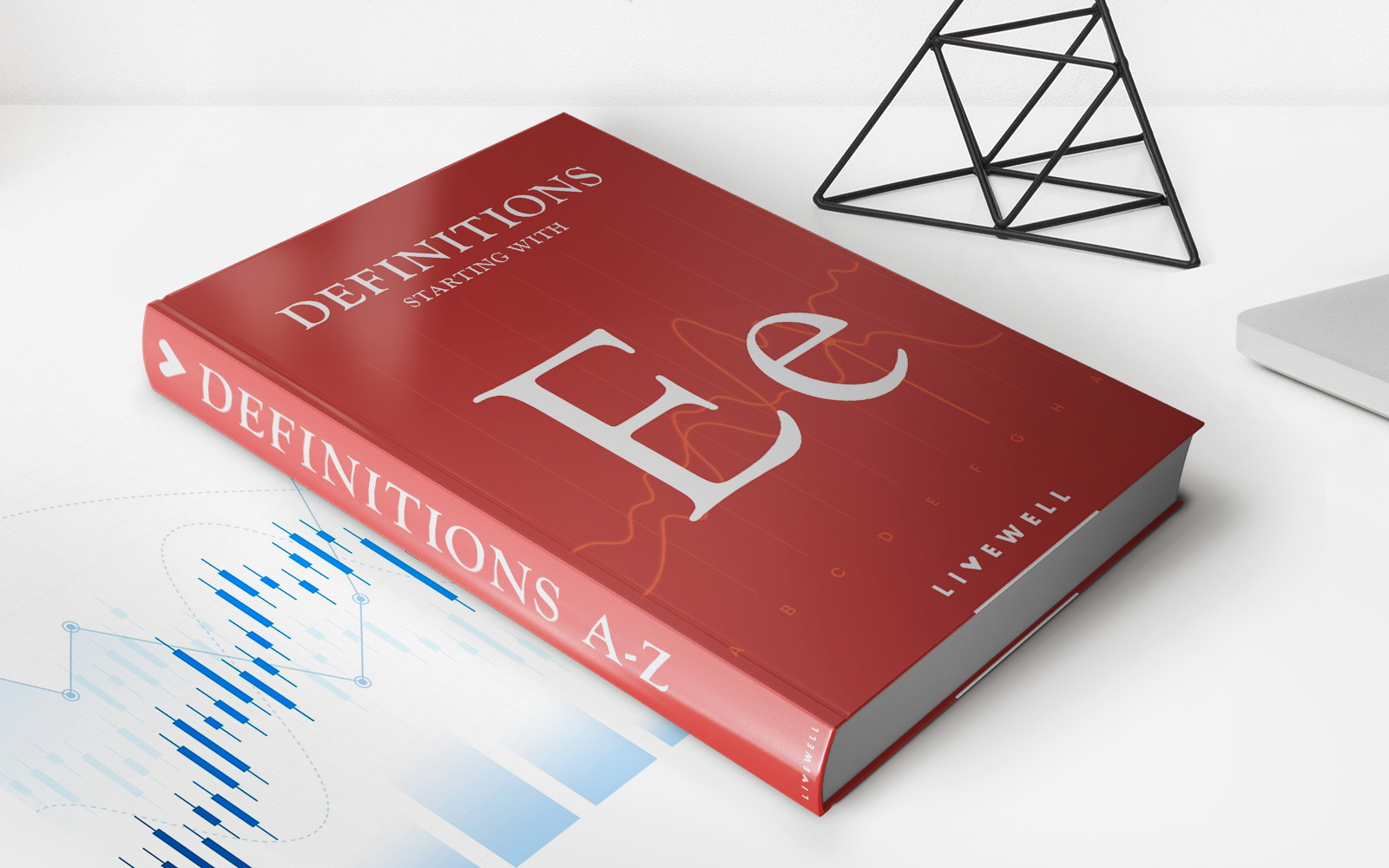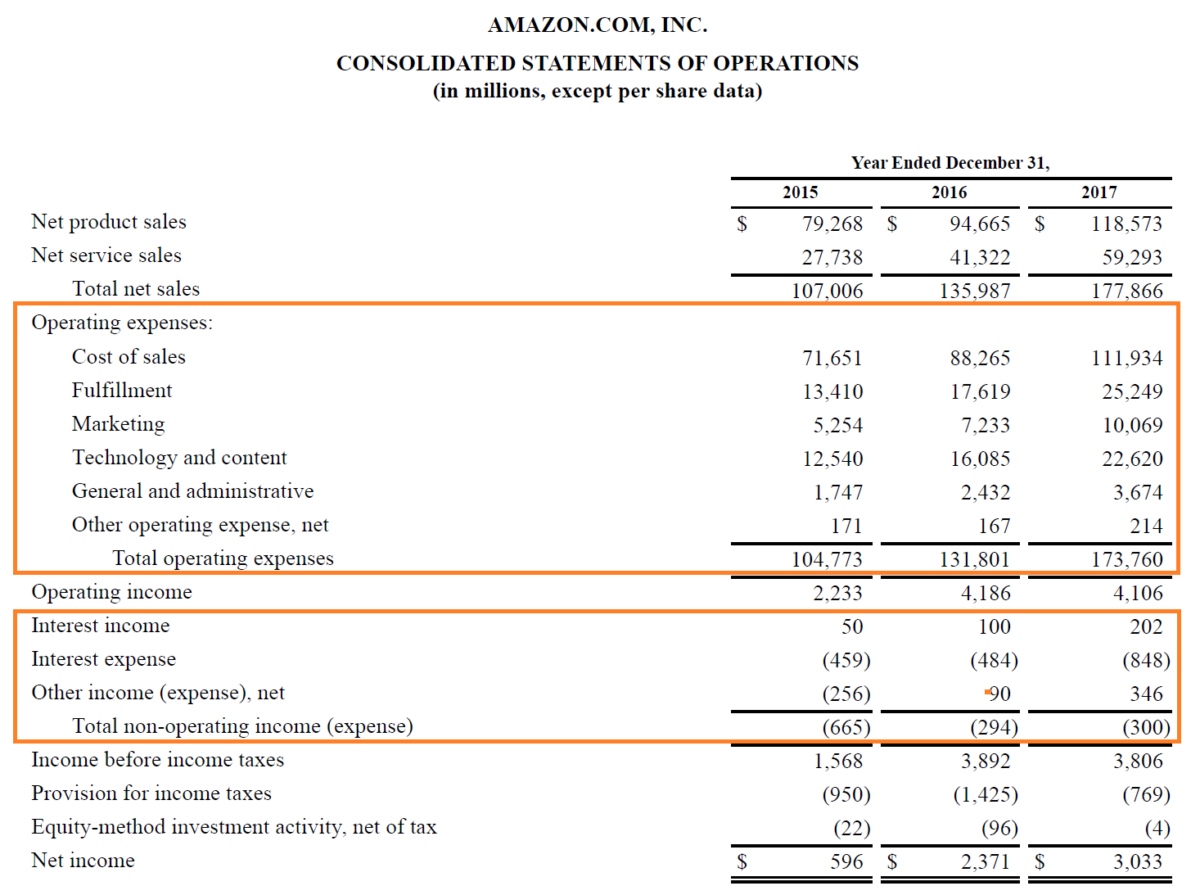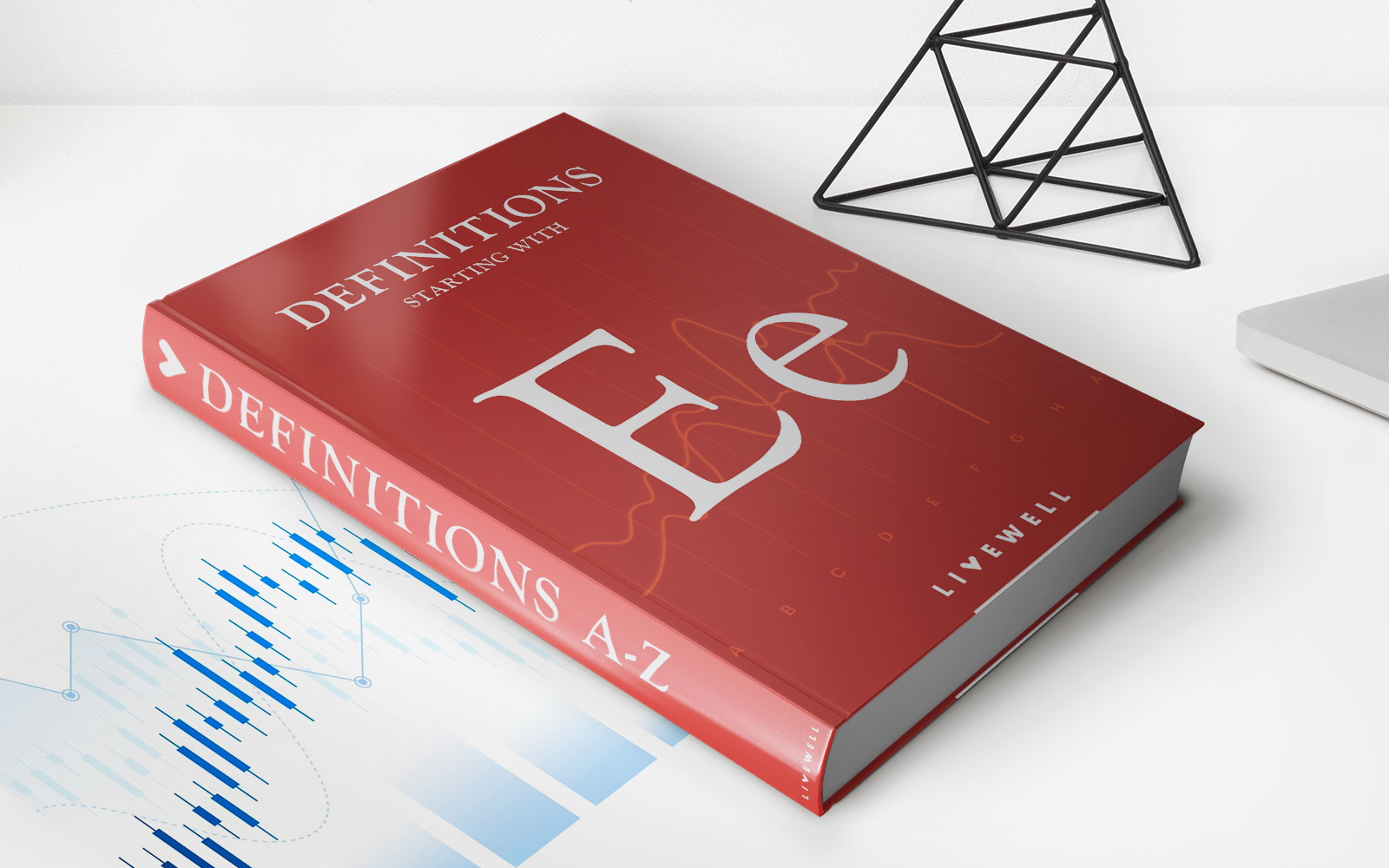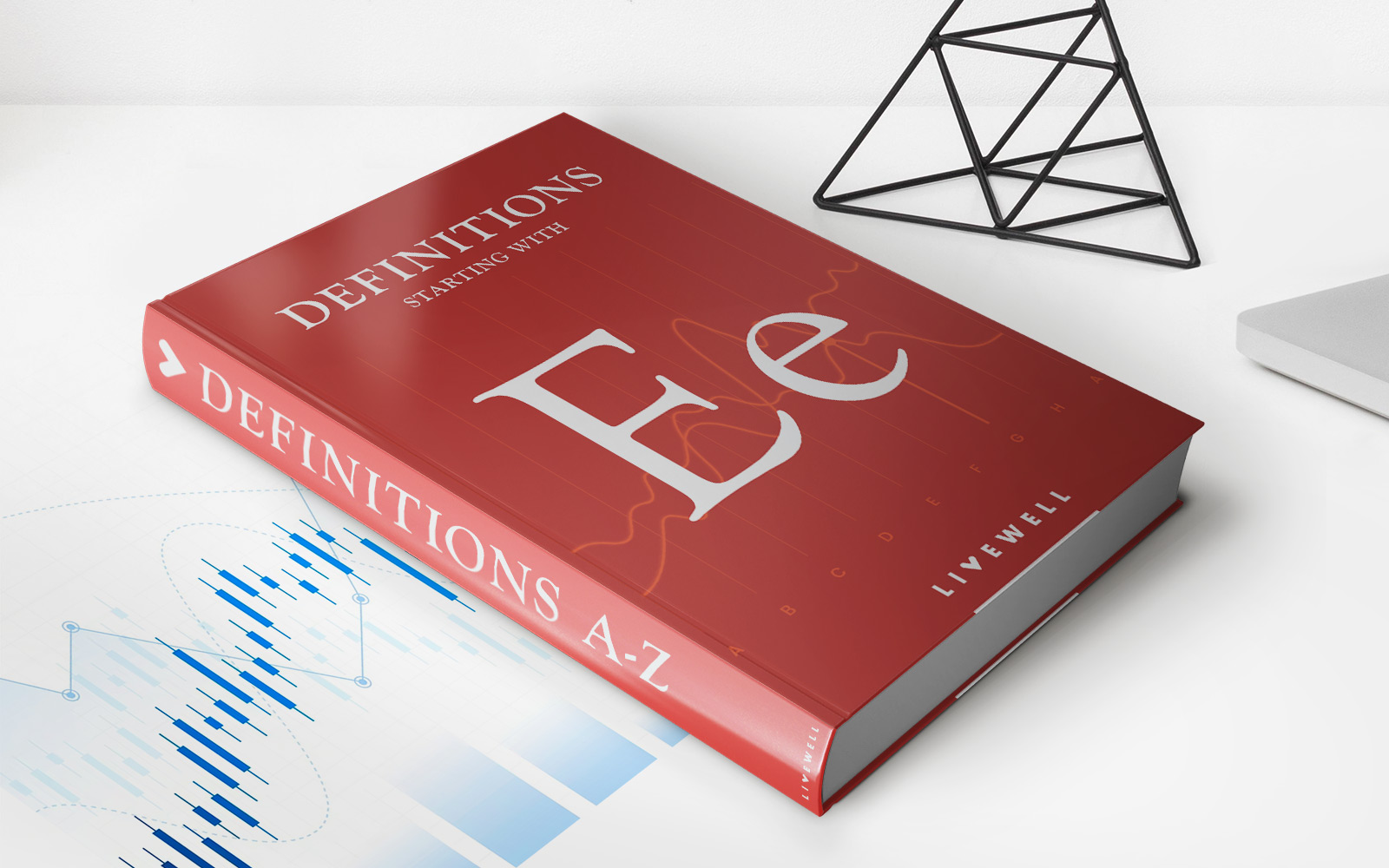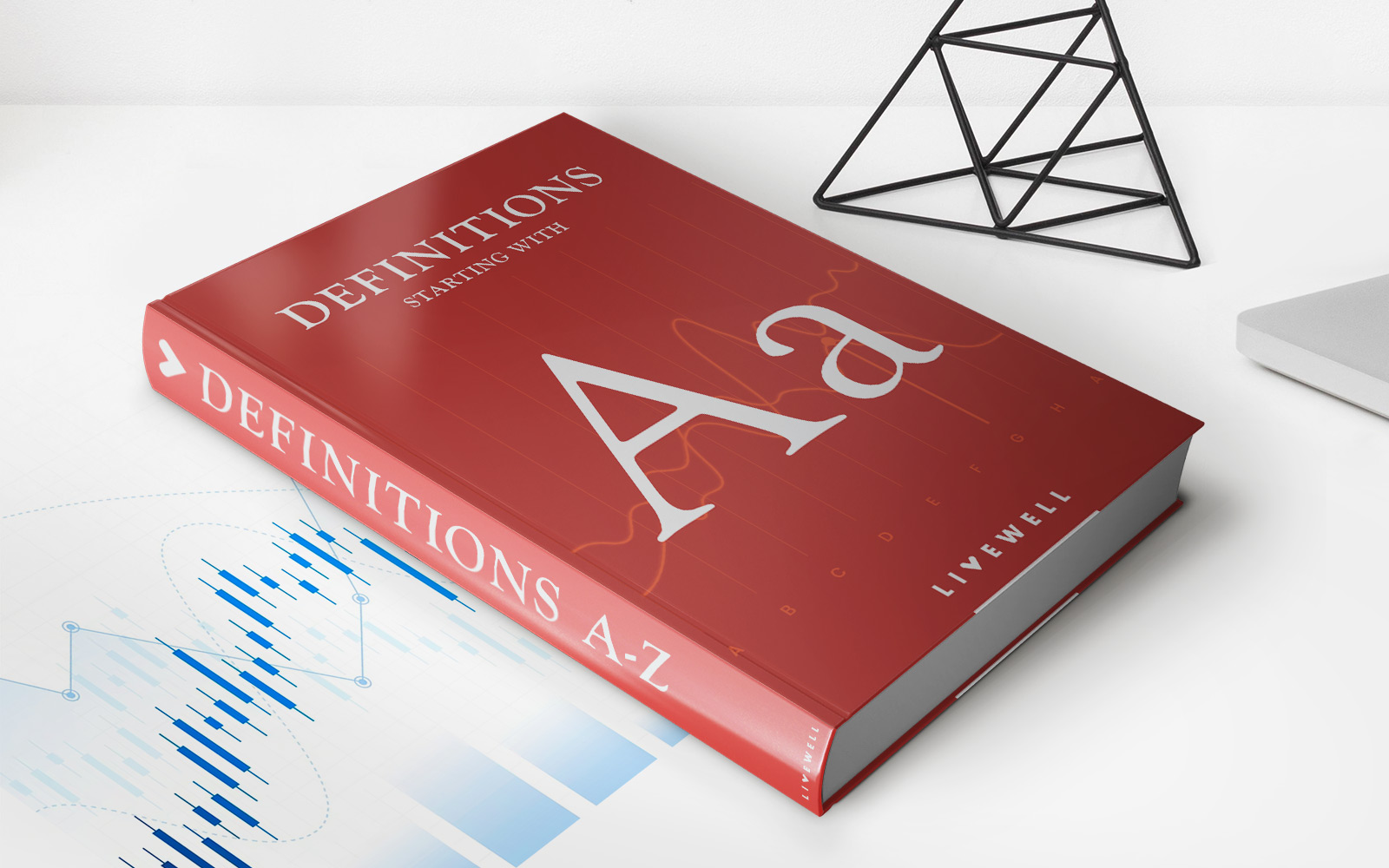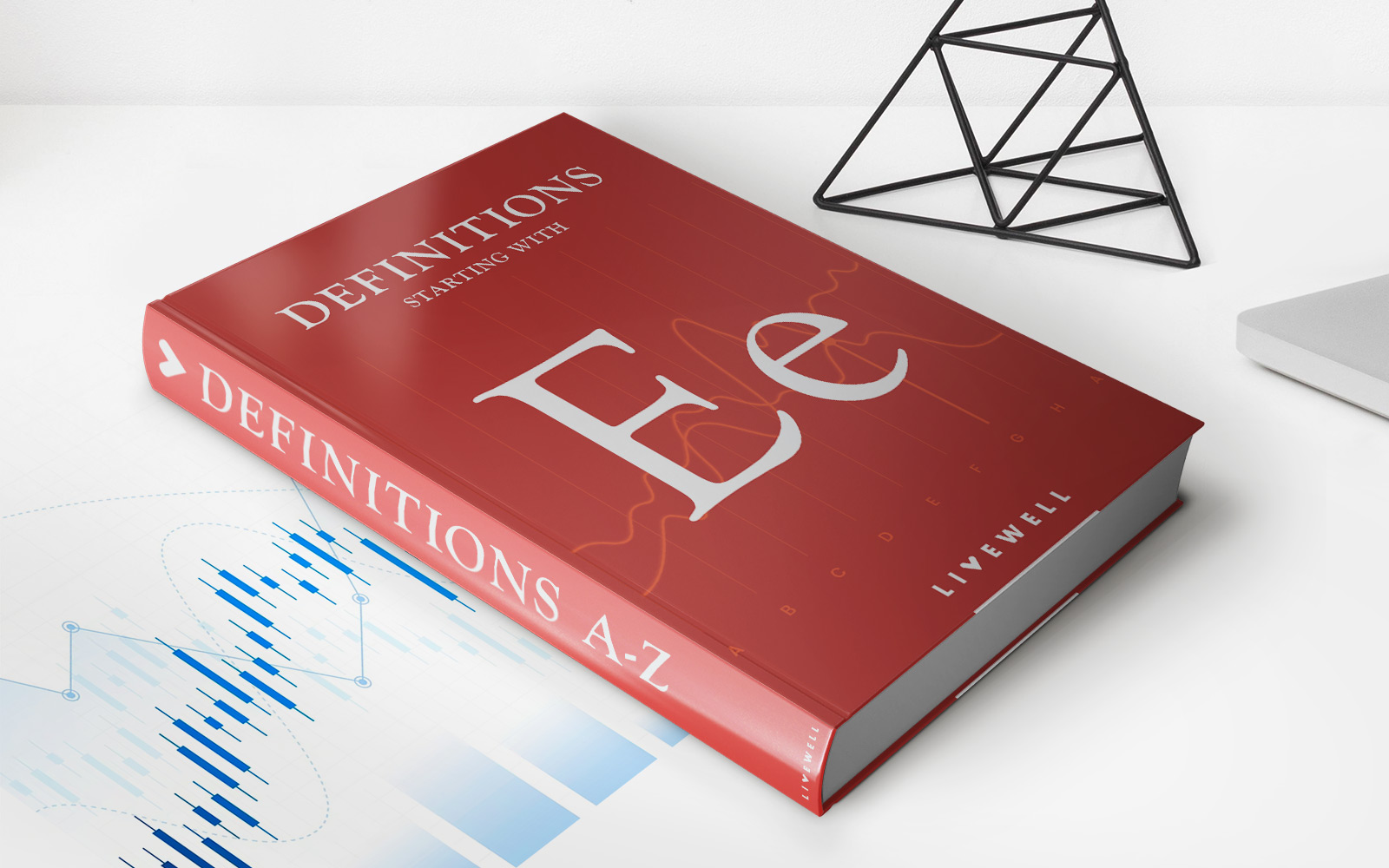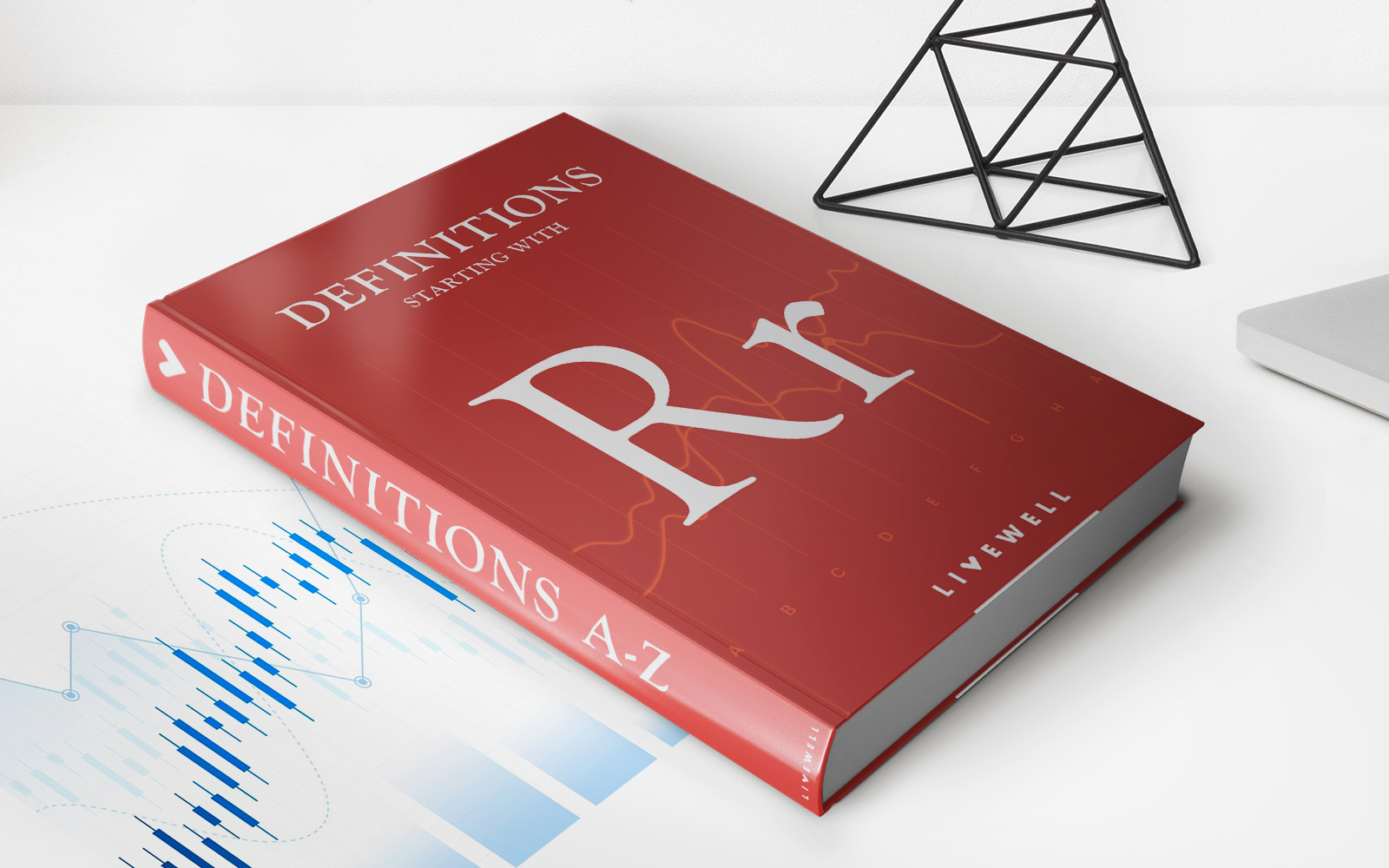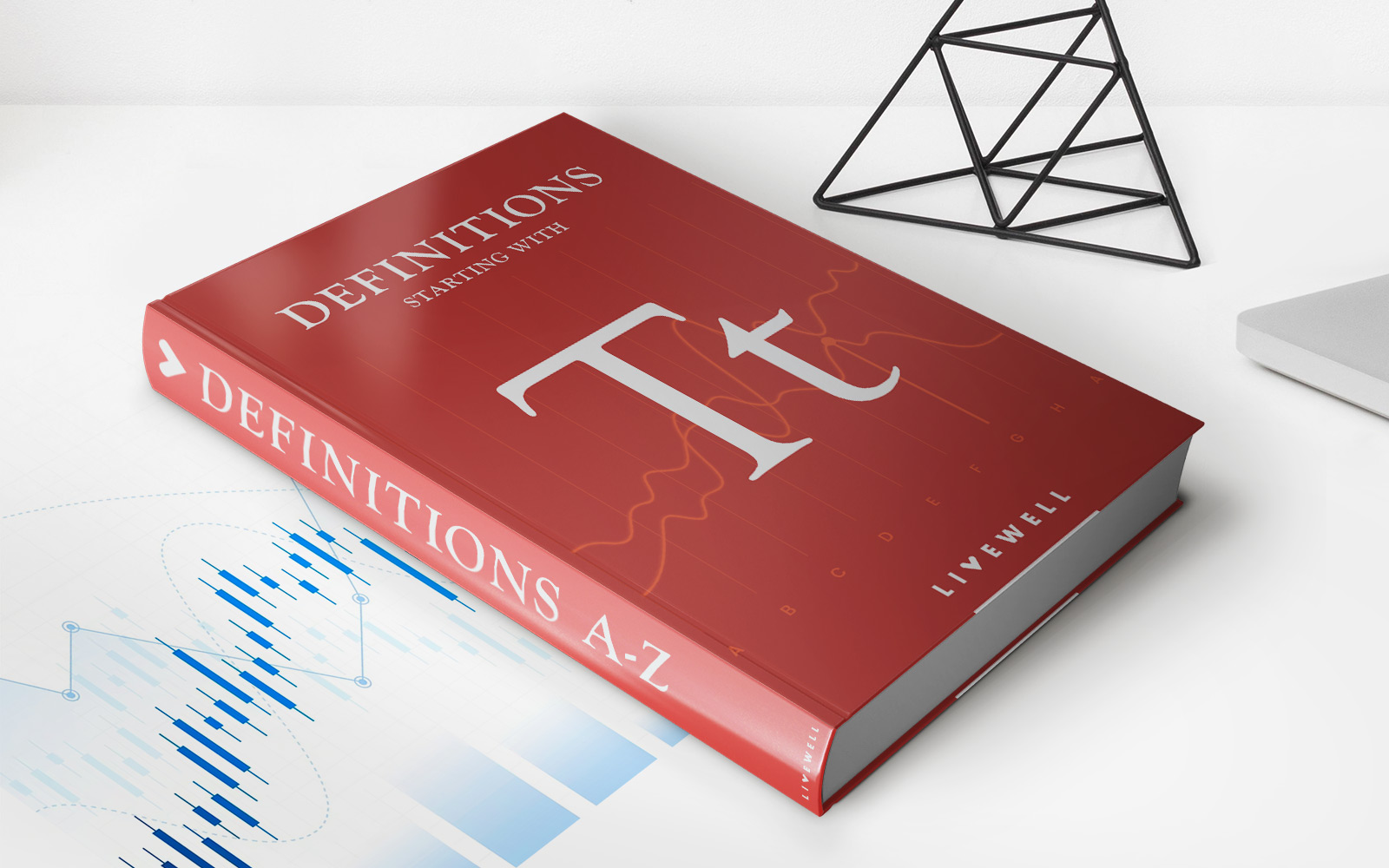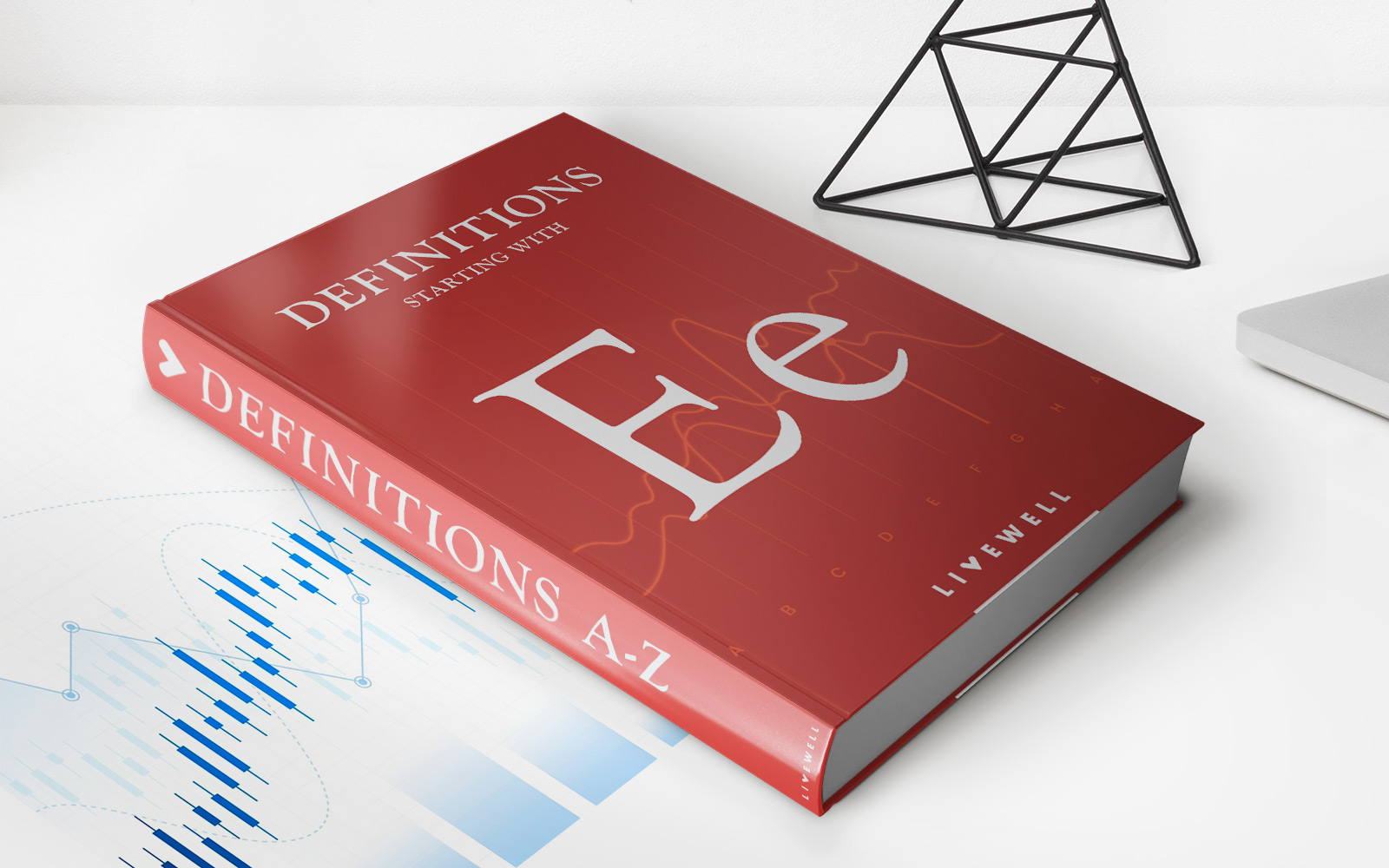

Finance
Expense Limit Definition
Published: November 21, 2023
Learn about the definition of expense limit in finance and how it affects your financial planning. Find out how to set and manage your expense limits for optimal financial control.
(Many of the links in this article redirect to a specific reviewed product. Your purchase of these products through affiliate links helps to generate commission for LiveWell, at no extra cost. Learn more)
Protect Your Finances with an Expense Limit
When it comes to managing our finances, setting limits is crucial. Controlling our expenses can help us avoid falling into debt, save money for the future, and achieve our financial goals. One effective tool in this regard is an expense limit. In this article, we will explore the importance of having an expense limit and how it can benefit your financial well-being.
Key Takeaways:
- An expense limit helps you track and control your spending.
- It allows you to prioritize your financial goals and make informed decisions.
What is an Expense Limit?
An expense limit is a financial boundary that you set for yourself or your household. It represents the maximum amount of money you are willing to spend on various categories of expenses, such as groceries, entertainment, transportation, or dining out. The purpose of an expense limit is to keep your spending in check and ensure that you allocate your financial resources wisely.
Why is an Expense Limit Important?
Now, you might be wondering: why do I need an expense limit? Here are some key reasons:
- Financial Control: Having an expense limit gives you control over your finances. It allows you to monitor your spending habits and identify areas where you may be overspending.
- Budgeting: An expense limit is an essential element of any budgeting strategy. By setting a limit for each expense category, you can allocate your income wisely and prevent unnecessary expenses.
- Prioritization: With a defined expense limit, you can prioritize your financial goals more effectively. It helps you differentiate between essential and non-essential expenses, ensuring that you allocate your funds towards what matters most to you.
- Financial Progress: By tracking your expenses and adhering to an expense limit, you can make consistent progress towards your financial objectives. Whether it’s saving for a down payment on a house, paying off debt, or building an emergency fund, an expense limit empowers you to make informed decisions and stay on track.
How to Set an Expense Limit
Setting an expense limit is a personal process that requires careful consideration of your financial situation and goals. Here’s a step-by-step guide to help you get started:
- Analyze Your Income: Start by calculating your total income, including regular salary, bonuses, and any other sources of revenue.
- Identify Fixed Expenses: Determine your fixed expenses, such as rent/mortgage, utilities, insurance, and loan payments. These expenses are usually fixed and recurring.
- Evaluate Variable Expenses: Next, identify categories of variable expenses, such as groceries, entertainment, clothing, and dining out. Review your past expenses to get an idea of your average spending in each category.
- Allocate Resources: Based on your income and financial goals, assign a specific amount to each expense category. This amount will be your expense limit for that category.
- Monitor and Adjust: Regularly track your actual expenses and compare them to your expense limits. Make adjustments as necessary to ensure you stay within your budget.
Benefits of Sticking to an Expense Limit
If you diligently adhere to your expense limit, you can enjoy several significant benefits:
- Financial Discipline: Sticking to an expense limit cultivates financial discipline and helps you develop healthy spending habits.
- Increased Savings: By controlling your expenses, you can increase your savings, which can be used for emergencies, investments, or achieving long-term financial goals.
- Reduced Stress: A clearly defined expense limit eliminates the stress and anxiety associated with overspending or falling into debt.
- Improved Financial Well-being: Over time, adhering to an expense limit can lead to improved financial well-being, giving you peace of mind and allowing you more freedom to pursue your dreams and aspirations.
Conclusion
Managing our finances is a continuous process that requires conscious effort and discipline. Setting an expense limit is a powerful tool that enables us to take control of our spending and work towards our financial goals. By evaluating our expenses, prioritizing our financial objectives, and making informed decisions, we can protect our finances and achieve long-term financial success.

